
Furnaces and heat pumps both provide the same service. They heat your home. Some homeowners like to stop there and call it quits, but those homeowners either have excess money where they’d rather pay someone else to take care of the rest, or they’re paying for more repairs than they should. Many people in our area, however, want to make the most educated decision possible at the lowest cost—and for that, you’ll need some advice.
While furnaces and heat pumps do the same job, the way they do their job is incredibly different. Depending on your climate, the fuel you have access to, and the type of home you own, these systems will provide many different levels of satisfaction. While heating in San Ramon, CA might not be the biggest priority of the year, finding the most cost-effective solution for cold and rainy weather should definitely be up there. If you’re considering upgrading your system, it’s helpful to understand how installing a heat pump can serve as both a heating and cooling solution, offering long-term savings on energy costs.

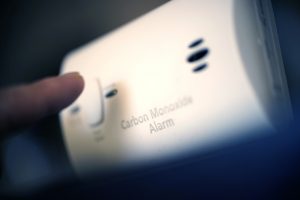 If you clicked on this blog post then we congratulate you for being concerned about something that we are always worrying over. Since we set up countless gas furnaces and are experts with
If you clicked on this blog post then we congratulate you for being concerned about something that we are always worrying over. Since we set up countless gas furnaces and are experts with  Bills are bills, we pay them no matter what they cost. It’s just the nature of being a homeowner. Your monthly fuel bill isn’t like a parking ticket that you can try to get reduced with a plea deal, or that you’ve got any luck trying to fight against. Bills represent the amount of fuel and energy we consume, and that’s that.
Bills are bills, we pay them no matter what they cost. It’s just the nature of being a homeowner. Your monthly fuel bill isn’t like a parking ticket that you can try to get reduced with a plea deal, or that you’ve got any luck trying to fight against. Bills represent the amount of fuel and energy we consume, and that’s that.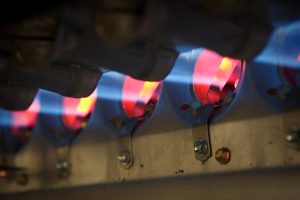 Regular furnace maintenance is not optional, and no matter the type of fuel it runs on, this is non-negotiable. They’re huge investments, they provide a massive service for you and your family during the winter, and they can often become fire hazards when something goes wrong. Would you say that getting your car inspected is optional? Well, the government would disagree.
Regular furnace maintenance is not optional, and no matter the type of fuel it runs on, this is non-negotiable. They’re huge investments, they provide a massive service for you and your family during the winter, and they can often become fire hazards when something goes wrong. Would you say that getting your car inspected is optional? Well, the government would disagree.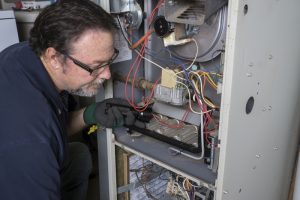 Temperatures are finally warming up a bit in our area, which means it’s just about time to shut our heaters down for the season, schedule an AC tune-up, and start enjoying the comfort an effective cooling system can deliver. But wait, before we talk about shutting our heaters down—how did yours perform this past winter? Did it show any signs of struggle? Were you told it needed repairs, but have yet to take care of them?
Temperatures are finally warming up a bit in our area, which means it’s just about time to shut our heaters down for the season, schedule an AC tune-up, and start enjoying the comfort an effective cooling system can deliver. But wait, before we talk about shutting our heaters down—how did yours perform this past winter? Did it show any signs of struggle? Were you told it needed repairs, but have yet to take care of them?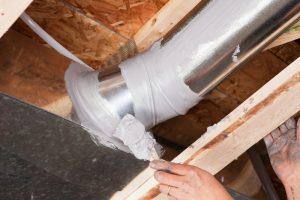 Spring may officially be here, but we’ll still experience cooler temps for a while. Therefore, it’s no secret you want to have a functional furnace that operates efficiently.
Spring may officially be here, but we’ll still experience cooler temps for a while. Therefore, it’s no secret you want to have a functional furnace that operates efficiently.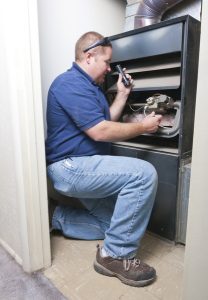 As winter comes to a close, it’s easy to neglect your heating system and turn your attention to your air conditioner. In fact, we hope you’re thinking about your cooling system, since now is the perfect time to schedule AC maintenance. However, if you have an aging heater or if you skipped maintenance, we encourage you to follow a few care tips, like those we’ve listed below, before shutting off your heater for the season.
As winter comes to a close, it’s easy to neglect your heating system and turn your attention to your air conditioner. In fact, we hope you’re thinking about your cooling system, since now is the perfect time to schedule AC maintenance. However, if you have an aging heater or if you skipped maintenance, we encourage you to follow a few care tips, like those we’ve listed below, before shutting off your heater for the season. We may not experience the frigid temperatures that our friends in the Midwest do, particularly lately, but our winters still necessitate the use of a fully functioning, efficiently operating, heating system. So if your heating system is experiencing problems right now, we understand the concern! Fortunately, though, if you can detect problems with your furnace early enough, you can have them repaired before they develop into a complete system breakdown.
We may not experience the frigid temperatures that our friends in the Midwest do, particularly lately, but our winters still necessitate the use of a fully functioning, efficiently operating, heating system. So if your heating system is experiencing problems right now, we understand the concern! Fortunately, though, if you can detect problems with your furnace early enough, you can have them repaired before they develop into a complete system breakdown. Well, our very first tip here isn’t for something that’s free—but investing in it will make your heater much more affordable in the long run. We’re talking about heating maintenance. Maintenance is a service that every homeowner benefits from. It should be done once a year—preferably before you need your heater for the season. But it matters more that you are consistent with scheduling a maintenance tune-up once a year.
Well, our very first tip here isn’t for something that’s free—but investing in it will make your heater much more affordable in the long run. We’re talking about heating maintenance. Maintenance is a service that every homeowner benefits from. It should be done once a year—preferably before you need your heater for the season. But it matters more that you are consistent with scheduling a maintenance tune-up once a year. A heating system may break down with little to no warning at all. It will go from seemingly operating “just fine” throughout the day and night to suddenly halting, or just not turning on at all. This is uncommon, particularly if you had fall maintenance. Even with that tune-up though, unless there’s a sudden electrical failure, a furnace or heating system usually gives off some sign it’s about to fail.
A heating system may break down with little to no warning at all. It will go from seemingly operating “just fine” throughout the day and night to suddenly halting, or just not turning on at all. This is uncommon, particularly if you had fall maintenance. Even with that tune-up though, unless there’s a sudden electrical failure, a furnace or heating system usually gives off some sign it’s about to fail.